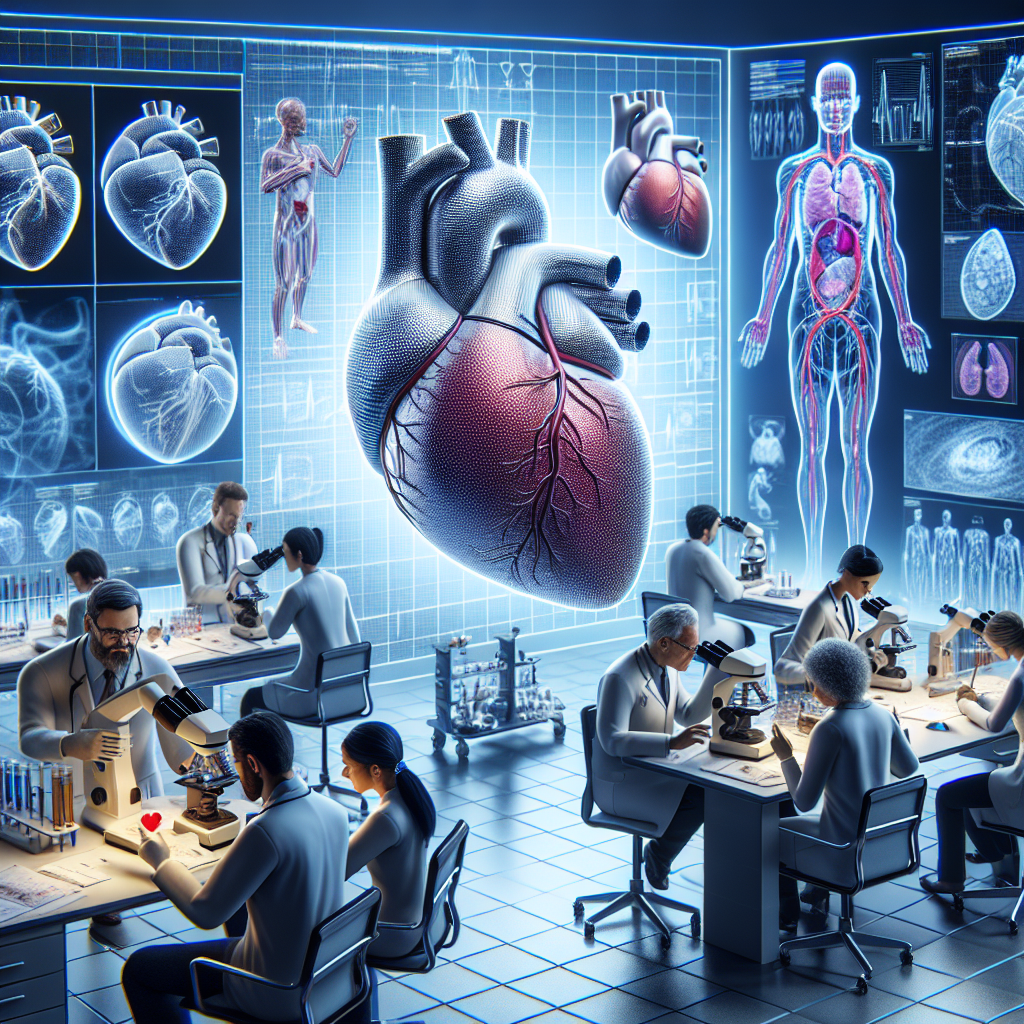Exploring Titanium Hearts as a Solution to the Global Heart Donor Shortage
Exploring Titanium Hearts as a Solution to the Global Heart Donor Shortage
Introduction to the Heart Donor Crisis
The global shortage of heart donors has reached a critical point, with thousands of patients on waiting lists and a limited supply of viable organs. This crisis has prompted researchers and medical professionals to explore innovative solutions, including the development of artificial hearts made from titanium.
The Promise of Titanium Hearts
Titanium hearts represent a groundbreaking advancement in medical technology, offering a potential lifeline for patients in need of heart transplants. These artificial hearts are designed to mimic the function of a natural heart, providing a durable and reliable alternative to human donors.
Key Advantages of Titanium Hearts
- Durability: Titanium is known for its strength and resistance to corrosion, making it an ideal material for long-term implantation.
- Biocompatibility: The metal is well-tolerated by the human body, reducing the risk of rejection and complications.
- Availability: Unlike human donors, titanium hearts can be manufactured on demand, potentially reducing waiting times for patients.
Challenges and Considerations
While titanium hearts offer significant promise, there are several challenges that must be addressed before they can become a widespread solution.
Technical and Ethical Challenges
- Complexity of Design: Replicating the intricate functions of a human heart in a mechanical device is a significant engineering challenge.
- Cost: The development and production of titanium hearts are currently expensive, which may limit accessibility.
- Ethical Considerations: The use of artificial organs raises questions about the definition of life and the implications of long-term reliance on mechanical devices.
Future Prospects
Despite these challenges, the potential benefits of titanium hearts are driving continued research and development. Advances in technology and materials science are expected to improve the feasibility and affordability of these artificial organs, making them a viable option for more patients in the future.
Conclusion
Titanium hearts offer a promising solution to the global heart donor shortage, with their durability, biocompatibility, and potential for widespread availability. While challenges remain, ongoing research and innovation hold the promise of transforming heart transplantation and saving countless lives.















